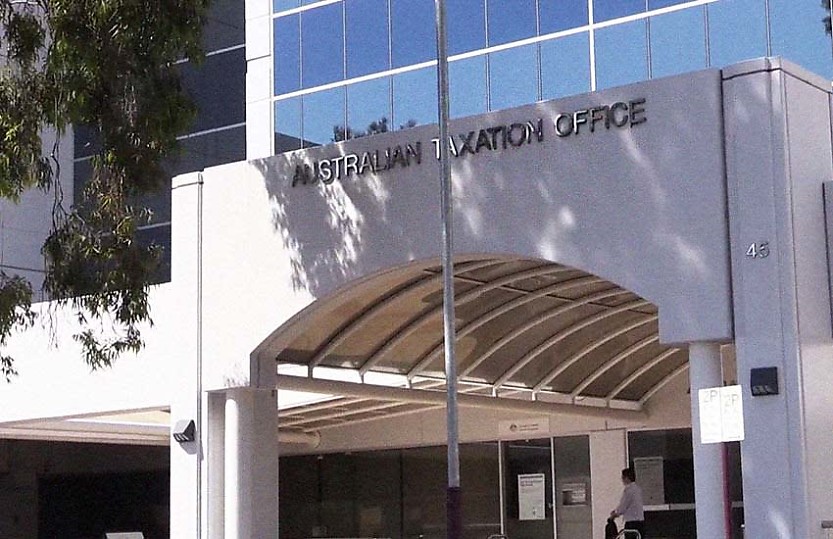IPA calls for holistic review of ATO’s information-gathering powers

The IPA has cautioned against certain proposals to extend the ATO’s investigative powers and says a more comprehensive review is required.
The Institute of Public Accountants (IPA) has called for a more holistic review of the ATO’s information-gathering powers that also considers information-sharing and whistleblowing reforms.
In its response to the tax regulator information gathering powers review, the IPA said given the extensive attention on information sharing resulting from the PwC matter, actual and potential changes to information sharing should be considered in the context of information gathering.
“Even though the consultation paper does not specifically include information sharing between agencies and with professional associations, we believe it is worth reiterating as part of the holistic approach to reforming this area,” the submission said.
“In some situations, extending information sharing could alleviate the need for information gathering, thereby reducing cost and disruption.”
The IPA has proposed reforms in the regulation of large multi-disciplinary partnerships which include enhanced information sharing across multiple bodies such as the Tax Practitioners Board, ASIC, ATO, the National Anti-Corruption Commission, AUSTRAC and prescribed professional associations.
“In IPA’s view this would minimise many of the existing privacy related restrictions for information sharing between existing Commonwealth regulators and professional associations which have been identified before the Parliamentary Joint Committee Inquiry into Ethics and Professional Accountability: Structural Challenges in the Audit, Assurance and Consultancy Industry,” the submission said.
“IPA considers that the information sharing and referral powers across state-based corruption and integrity bodies provide a strong example of the best-practice method for information sharing and jurisdictional referrals across a strong system of regulation.”
The submission gave an example of Victoria where information and referrals can be made up and down the integrity pyramid from the ombudsman to the Independent Broad-based Anti-corruption Commission.
Expanded powers for more serious tax offences unjustified
The IPA also responded to some of the questions posed by the consultation paper about the ATO’s investigative powers for criminal investigations.
“IPA’s position is that an administrative burden imposed by the requirement to refer the prosecution of offences to the Commonwealth Director of Public Prosecutions, including the need for a brief of evidence, is an insufficient reason to justify giving the ATO power to prosecute more serious tax related offences,” the IPA said.
The IPA said it also does not support in principle any proposal to provide the ATO with a criminal investigative power to issue search warrants.
“In this regard, IPA may support the Inspector-General of Taxation proposals in the 2018 review into the ATO’s Fraud Control Management which recommended that the ATO be allowed to issue production orders to third parties such as banks,” it said.
“IPA would need to review further detail to make a proper assessment and form a position with respect to production orders.”
The professional body said that many of the questions raised by the consultation paper around the ATO’s investigation powers to require the production of documents should be deferred to a review of the legal framework to assess whether it is fit for purpose, especially given advances in technology, other legislation relating to information sharing, review of the secrecy provisions, the anticipated AML laws, and other developments.
“This would include making the legislation technology-neutral which is an overarching principle in the development of policy and legislation. A holistic, coordinated, and consistent approach would be preferable,” the submission said.
“In the meantime, there appears to be no compelling reason to add the ATO as a prescribed law enforcement agency under the Telecommunications (Interception and Access) Act 1979.”






